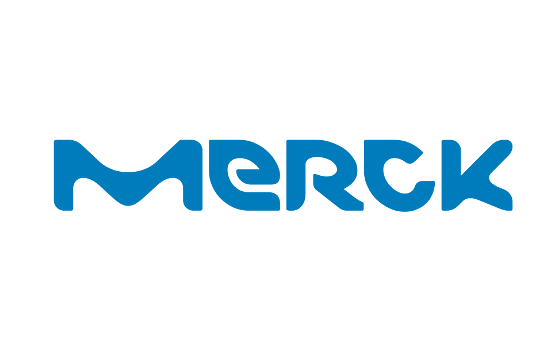Merck Accelerator hits new peak of applications
Merck, a leading science and technology company, announced today the new startups participating in its Accelerator programs in Darmstadt, Germany and Nairobi, Kenya. The two program locations accept startups from different fields within Merck’s core specialisms: Darmstadt takes startups from the fields of healthcare, life sciences and performance materials, while Nairobi works exclusively on innovations in digital healthcare. Overall, the number of applications increased by 82%; applications were received from 72 countries worldwide. In the latest startup barometer from Ernst & Young, the “Health” category already stood out as one of the growing startup industries. Within the health sector, Venture Capital investments in life science has also increased considerably.
In Darmstadt, the newly selected teams are working on low-cost, highly sensitive sample carriers, an interactive game for pediatric oncology patients and hydrogels for preclinical drug discovery. Another startup for Darmstadt is in the field of performance materials; Inuru are developing inks and technologies for regular printers in order to reduce the costs for the production of OLEDs (organic light-emitting diodes). OLEDs can be used to create super-thin light displays, which have applications in areas such as printed advertising.
The three startups in Nairobi are all dedicated to healthcare problems; however, their use-cases differ from fighting drug counterfeiting with AI, to a software platform that uses medical records to predict and detect diseases early, and a program for data management of global health supply chains.
Michael Gamber, Head of the Innovation Center in Darmstadt commented on the selection of the startups: “We were impressed by the high number of good-quality applications we received for the fourth round of our program in Darmstadt and the third round in Nairobi, and are happy to see the worldwide proliferation of promising startups in our three main fields – healthcare, life science and performance materials. The increasing demand for capital support for startups in the health sector is also reflected in our Accelerator applications.”
For the first time since its inception, this round of the Merck Accelerator sees projects coming from the Merck Hackathons – Peach, a cloud-based medical records system which will be taking up its Accelerator place in Nairobi, was initially developed during the Merck Health + Innovation Hackathon Accra, while TOMMI, an interactive game and companion for children in cancer care which will be developed in Darmstadt, has its roots in the H-ACK Merck for Health Hackathon Rome.
For further information about Merck Accelerator, please visit:
https://accelerator.merckgroup.com







